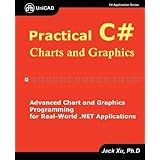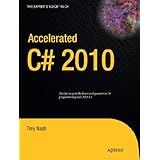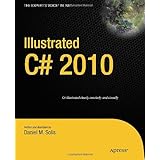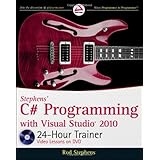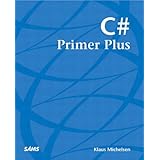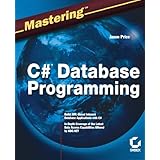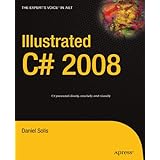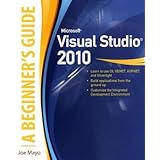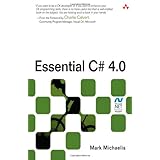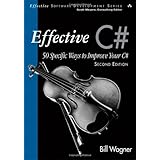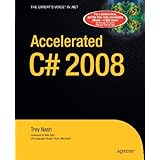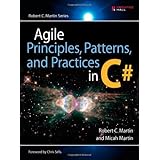
Average Reviews:

(More customer reviews)Are you looking to buy Applying Domain-Driven Design and Patterns: With Examples in C# and .NET? Here is the right place to find the great deals. we can offer discounts of up to 90% on Applying Domain-Driven Design and Patterns: With Examples in C# and .NET. Check out the link below:
>> Click Here to See Compare Prices and Get the Best Offers
Applying Domain-Driven Design and Patterns: With Examples in C# and .NET ReviewI was surprised that this book slipped under my radar for almost 3 months. I've been on the lookout for just such a unifying tome of knowledge that relates patterns and domain-driven design (DDD) to a practical .NET example for quite some while. The book delivers well on its promises, significantly surpassing the only other real competitor, Foundations of Object-Oriented Programming Using .NET 2.0 Patterns. The pros and cons, as I see them, are outlined below:PROS
* Combines the ideas of Domain Driven Design (Evans) with Patterns of Enterprise Application Architecture (Fowler). These books are pretty much mandatory reading prior to diving into this book.
* Draws upon a myriad of other well-known sources, including materials from Refactoring to Patterns and the GoF, work from Johnson and Lowy, as well as a rare reference to Naked Objects. The more experienced and better read you are, the more this stuff will make sense.
* Rare .NET coverage of advanced concepts like Plain Old CLR Objects (POCOs), persistence ignorant (PI) objects, O/R mapping with NHibernate, Dependency Injection, Inversion of Control, and Aspect-Oriented Programming.
CONS
* While some sections are really insightful and could contain more interesting materials, other sections seem to drone on too long. The work on defining the NUnit tests, in particular, flows like a stream of consciousness and doesn't really add a lot of structured value to understanding DDD, patters, or TDD for that matter.
* Embedded comments in the text adopt from the style used in Framework Design Guidelines. It worked very well for Cwalina / Abrams in their book because it seemed planned in from the outset. Comments like "one reviewer commented on the code with the following, more succinct version" seem like editorial comments left in and not collaborative authoring by design.
All-in-all a very solid book that fills a unique market niche, leaving it pretty much without peers. If Amazon had a 4.5 starts rating, Applying DDD would get it. As a secondary reference book, it doesn't offer the earth shattering insights of some of the innovative source materials found in the Fowler Signature Series, for example. It does, however, weave together an interesting example of how to tie all of these concepts together for the .NET architect looking to take their understanding to the next level.Applying Domain-Driven Design and Patterns: With Examples in C# and .NET OverviewApplying Domain-Driven Design and Patterns is the first complete, practical guide to leveraging patterns, domain-driven design, and test-driven development in .NET environments. Drawing on seminal work by Martin Fowler and Eric Evans, Jimmy Nilsson shows how to customize real-world architectures for any .NET application. You'll learn how to prepare domain models for application infrastructure; support business rules; provide persistence support; plan for the presentation layer and UI testing; and design for service orientation or aspect orientation. Nilsson illuminates each principle with clear, well-annotated code examples based on C# 2.0, .NET 2.0, and SQL Server 2005. His examples will be valuable both to C# developers and those working with other .NET languages and databases -- or even with other platforms, such as J2EE.
Want to learn more information about Applying Domain-Driven Design and Patterns: With Examples in C# and .NET?
>> Click Here to See All Customer Reviews & Ratings Now
